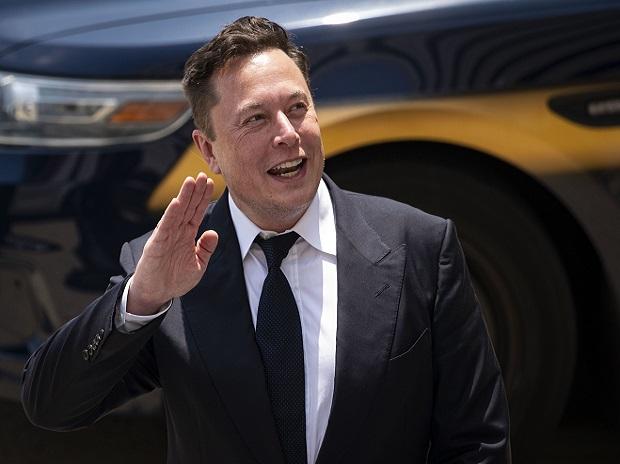Billionaire Elon Musk’s latest innovation is to troll philanthropy

The richest people on earth typically devote a share of their vast resources to charity. That is the bargain and the expectation, anyway.
Jeff Bezos, until recently the world’s richest human, has been applying himself dutifully if a bit cautiously to the task.
The latest richest human, Elon Musk, has taken a rather different tack. There was the public spat with the director of the World Food Programme on Twitter, for instance, announcing, “If WFP can describe on this Twitter thread exactly how $6B will solve world hunger, I will sell Tesla stock right now and do it.”
There was the online poll asking whether he should sell 10 percent of his Tesla shares in order to pay taxes on at least part of his wealth, like most people do without running a survey first. And, of course, there is the insistence that his moneymaking efforts, running both the electric carmaker Tesla and the rocket company SpaceX are already bettering humankind, thank you very much.
Musk is practicing “troll philanthropy.” That’s what Benjamin Soskis, senior research associate in the Center on Nonprofits and Philanthropy at the Urban Institute, has called it, noting that Musk seems to be having fun with this novel approach.
“He doesn’t seem to care much about using his philanthropy to curry public favour,” Soskis said. “In fact, he seems to enjoy using his identity as a philanthropist in part to antagonise the public.” Before this year, one estimate put his giving at $100 million, a lot by almost any standard, except for multibillionaires like Musk.
Most wealthy people do the opposite. They use philanthropy to burnish their image or distract the public from the business practices that earned them their enormous wealth in the first place.
When, how and why the ultrarich choose to give their fortunes away matters more than ever because so much money is concentrated in their hands and so little of it is taxable under current rules. Society is to some extent presently stuck relying on voluntary disbursements from those with the greatest means.
“The idea that philanthropy, that any single individual, has enough money to affect something at a global scale is a very new phenomenon,” said Homi Kharas, a senior fellow at the Center for Sustainable Development at the Brookings Institution in Washington. Most billionaires have “accumulated their wealth because the world economy is now globalised, but to sustain a globalised world economy we need to have more inclusive growth.”
There are many different kinds of givers, like Bezos’s ex-wife, MacKenzie Scott, who has focused her billions on diversity and equity.
 Dear Reader,
Dear Reader,
Business Standard has always strived hard to provide up-to-date information and commentary on developments that are of interest to you and have wider political and economic implications for the country and the world. Your encouragement and constant feedback on how to improve our offering have only made our resolve and commitment to these ideals stronger. Even during these difficult times arising out of Covid-19, we continue to remain committed to keeping you informed and updated with credible news, authoritative views and incisive commentary on topical issues of relevance.
We, however, have a request.
As we battle the economic impact of the pandemic, we need your support even more, so that we can continue to offer you more quality content. Our subscription model has seen an encouraging response from many of you, who have subscribed to our online content. More subscription to our online content can only help us achieve the goals of offering you even better and more relevant content. We believe in free, fair and credible journalism. Your support through more subscriptions can help us practise the journalism to which we are committed.
Support quality journalism and subscribe to Business Standard.
Digital Editor
business-standard.com

